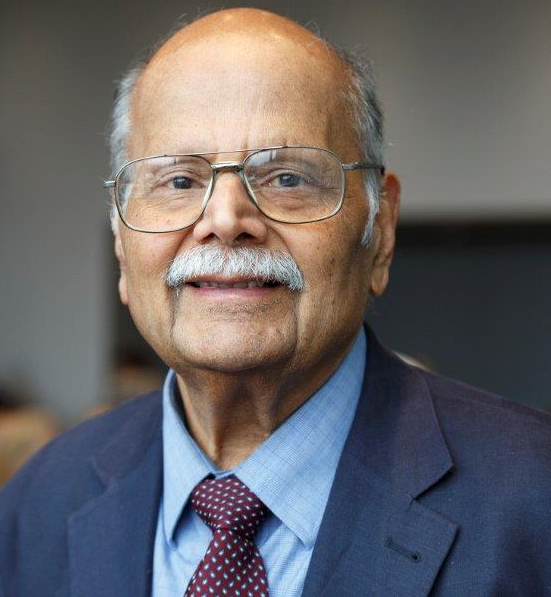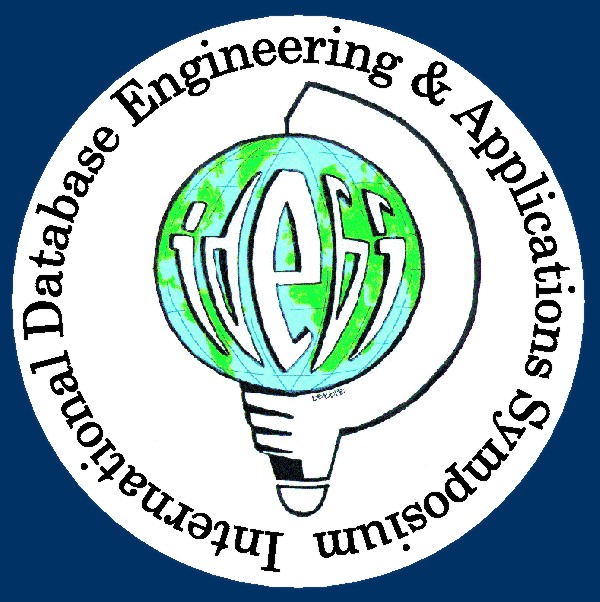












|
Students have the responsibility to know and observe the Concordia Code
of Conduct(Academic). This code, as most others in universities everywhere, forbids
cheating, fabrication, falsification of information, free-loading on other
members of a team in case of a team project, multiple submissions of
academic work, plagiarism, abuse of academic material, and complicity in
academic dishonesty. Grade and academic evaluation in any course involves a
judgment that the student's work is free of academic dishonesty of any
type; grades in a course would be adversely affected by such
dishonesty.
In addition to these formal code, here are some common-sense points:
- Nothing is achieved without effort: if you want to succeed, you have to
work for it. Being successful in a course requires effort. Attending
classes, though optional at the university level, helps! You cannot learn to
swim without getting into the water!
- In a course, number of exercises assigned are limited by the resources
available to evaluate them. These exercises are chosen to illustrate the
main concepts. In order to really learn anything from a course, one must
always do it independently even if it is group work. Furthermore, it is
useful to work out additional exercises. Check your solution against the one
provided by the authors of your textbook (Increasing number of authors
provide solutions for a large number of exercises on the Web.)
- The percent of knowledge you will apply in your career is going to be
a very small percent of what you may be expected to master for any given
course. Typically figures quoted are 5-10%. There are going to be many
courses which seem useless and you may never use what is being taught! If
you are prevoyant and if the course is an optional course, you may avoid
it. However, if it is a required course in your program, make the best of
it and learn it. You never know which 5% will be useful to you. You are
also learning to learn.
- As in any other human endeavor university teaching is not perfect and
not all teachers are gifted or divine. Most have many human failings and
are trying their best to overcome these failings. You can try and
accommodate these shortcomings and do well.
For those who:
- work hard, participate in class, study, yet do poorly on tests
- misunderstand oral/written directions
- have a history of working hard yet receive poor grades
You should talk to the instructor and/or consider consulting student services.
|


